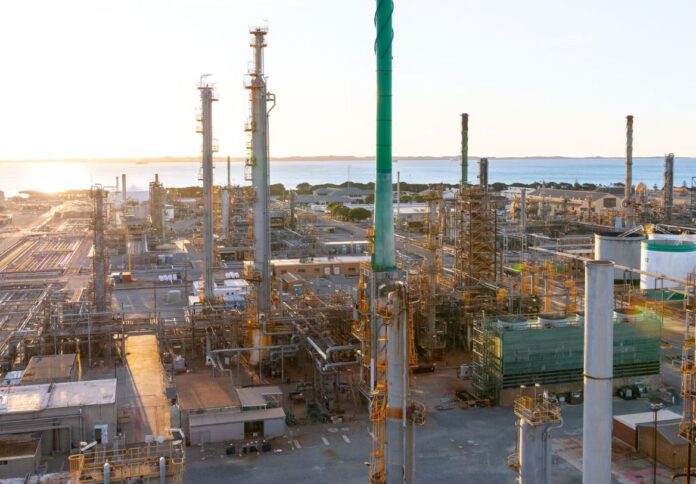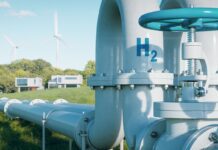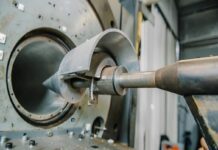
The Australian Hydrogen Council has applauded the Australian Government for announcing a $140 million agreement with the Western Australian Government to advance a hydrogen hub in the Pilbara region.
This move marks the seventh hydrogen hub project funded by the Australian Government, with an investment exceeding $500 million dedicated to fostering the development of the hydrogen industry in regional Australia.
The unveiled regional hydrogen hubs encompass Pilbara (WA), Kwinana (WA), Gladstone (QLD), Townsville (QLD), Bell Bay (TAS), Port Bonython (SA), and the Hunter (NSW), each strategically positioned to play a pivotal role in propelling Australia’s hydrogen economy forward.
According to the council, the Pilbara Hydrogen Hub is slated to emerge as a prominent nucleus for hydrogen production and export, holding the potential to establish itself as a global gateway for Australia-manufactured green steel and iron.
Forecasts anticipate its operational readiness by mid-2028, with the commencement of construction for vital infrastructure and road intersections set for this year.
Both the Australian and Western Australian Governments have pledged $70 million each to the project, primarily aimed at bolstering the construction of essential infrastructure supporting hydrogen exports and renewable energy production.
Significant funds will be earmarked for the establishment of a Clean Energy Training and Research Institute, designed to offer practical, job-oriented training in renewable energy and hydrogen for Pilbara residents, including First Nations peoples.
Dr Fiona Simon, CEO of the Australian Hydrogen Council, expressed her elation, stating, “We would like to congratulate the Australian Government, State Governments, and industry for investing in the Australian hydrogen industry through seven regional hydrogen hubs strategically positioned across Australia.”
“These hub projects are being led by world-leading developers and partners, and will need continued support from all levels of government to address common user infrastructure, social license, and regulatory requirements,” she added.
Emphasising the crucial role of hydrogen in achieving Australia’s net zero ambitions, Dr Simon highlighted the necessity to focus on implementation and continued sharing and learning from large-scale projects to expedite the transition and drive down the cost of hydrogen.
Dr Simon further commended the Western Australian Government for reaching this milestone and fortifying the Pilbara region’s prospects of evolving into a hydrogen-rich economy that leverages its existing mining and export partnerships.
The Australian Government’s funding has catalysed the initiation of seven hydrogen hubs across the nation, each bearing the promise of innovation and sustainable growth:
These include the Hunter Valley Hydrogen Hub in NSW, a collaboration between Origin Energy and Orica. In South Australia, the Port Bonython Hydrogen Hub is being supported by the SA Government.
In Queensland, the Central Queensland Hydrogen Hub involves Stanwell partnering with Iwatani Corporation, Kansai Electric Power Company, Marubeni, and Keppel Infrastructure.
bp Australia is leading the H2Kwinana Hydrogen Hub initiative. The Bell Bay Hydrogen Hub in Tasmania sees the TAS Government partnering with TasPorts, TasNetworks, TasWater, TasIrrigation, and the Bell Bay Advanced Manufacturing Zone.
Meanwhile, in Queensland, the Townsville Regional Hydrogen Hub is being developed by Edify Energy alongside Siemens Energy, TAFE Queensland, James Cook University, and Townsville Enterprise (TEL).
Lastly, the Pilbara Hydrogen Hub in Western Australia is a project of the WA Government.




















